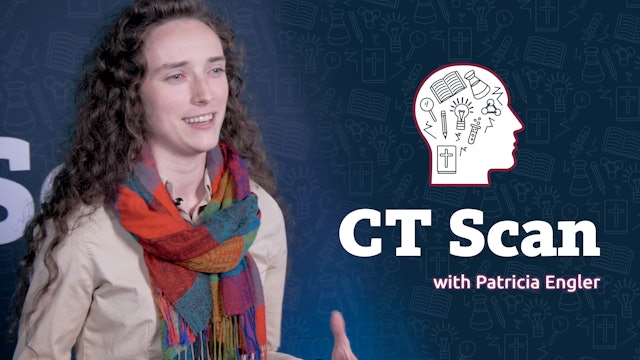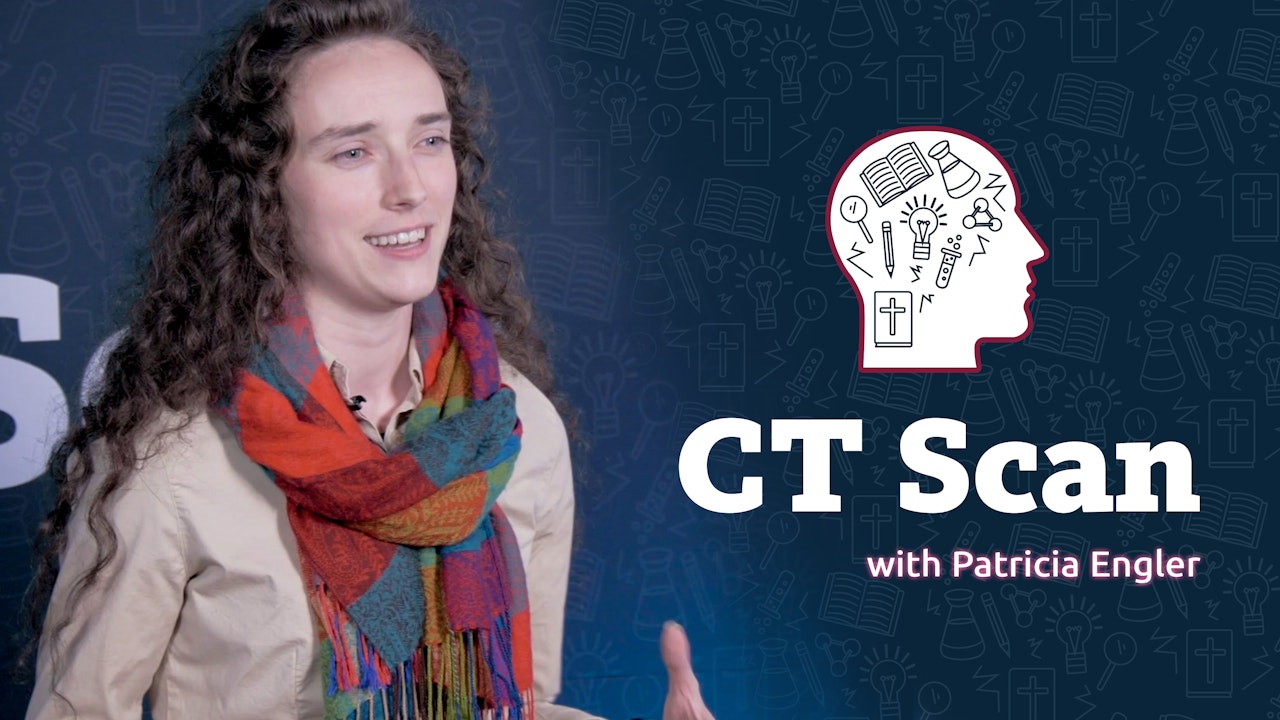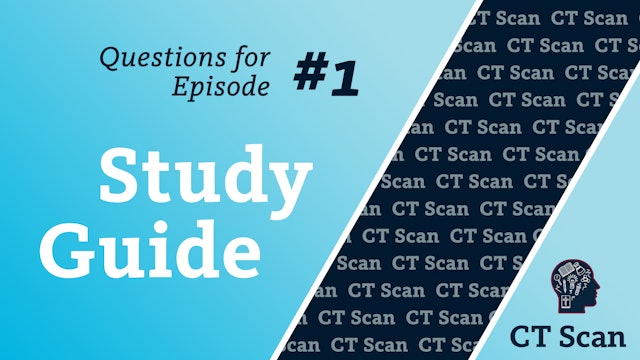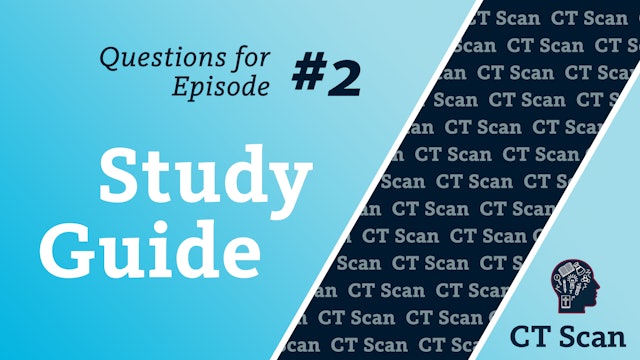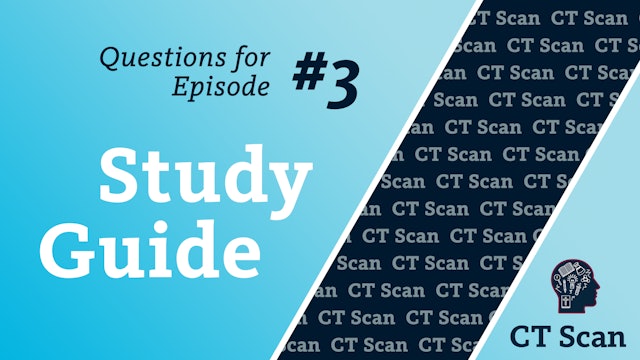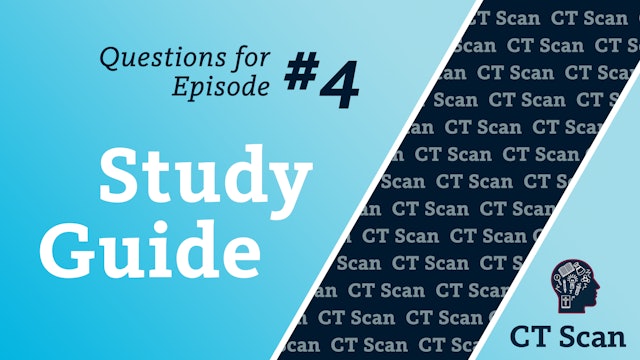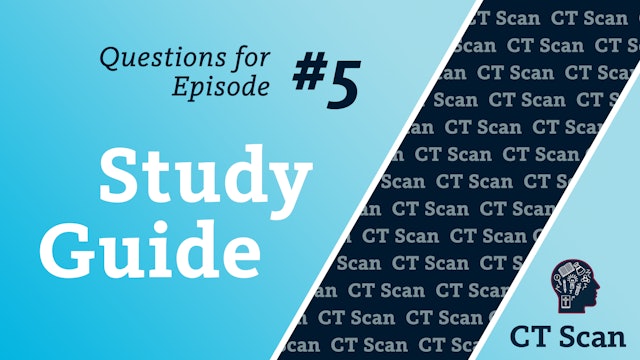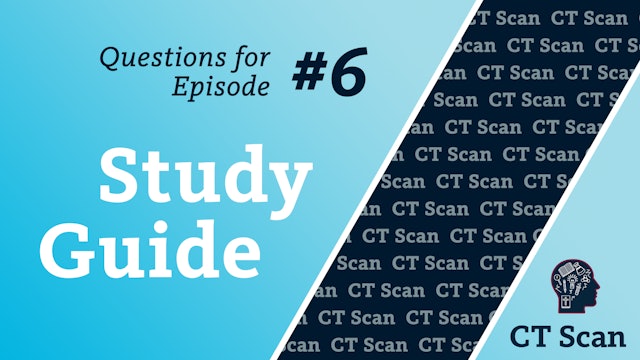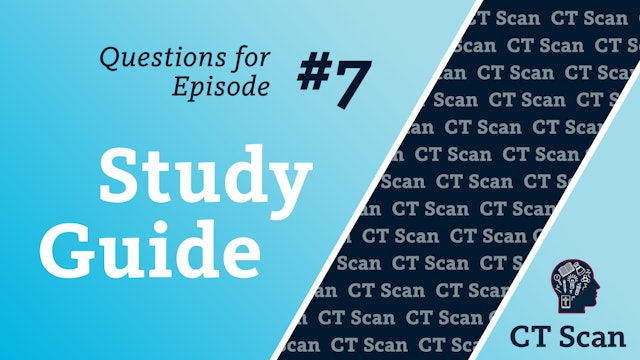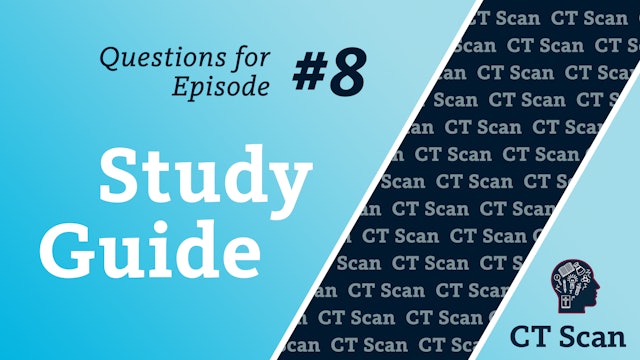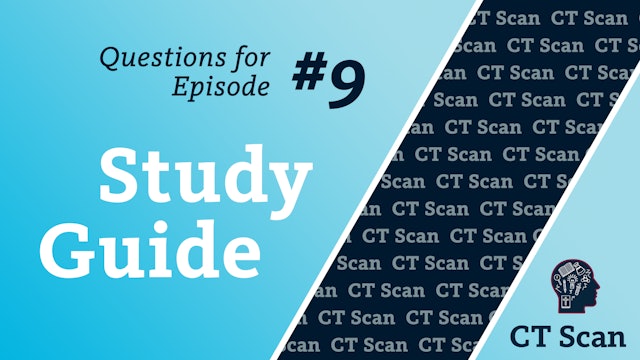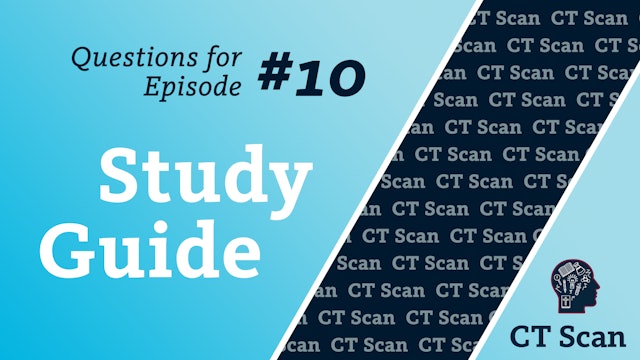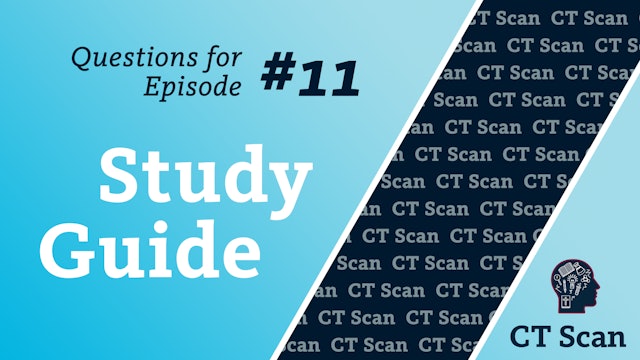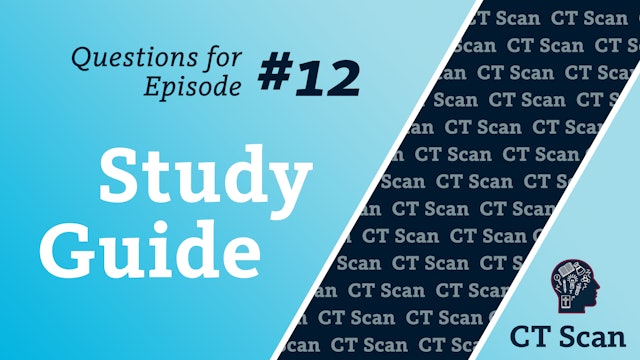-
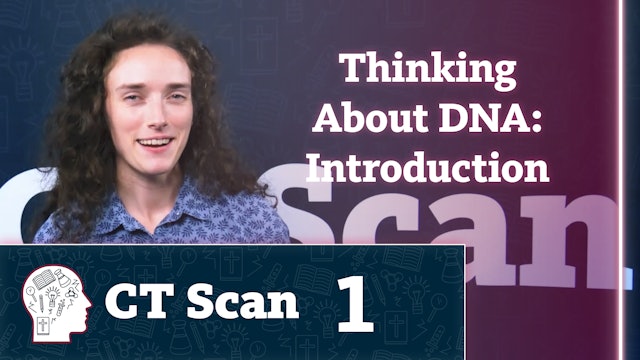 04:26Episode 1
04:26Episode 1Thinking About DNA: Introduction
Episode 1
To think through evolutionary arguments about DNA, it's essential to know some basics about what DNA is and how it works. Here's a crash introduction to how genetic information is encoded, organized, and translated into the proteins which do all the work in our cells.
-
Handout 1 - Thinking About DNA: Introduction
190 KB
-
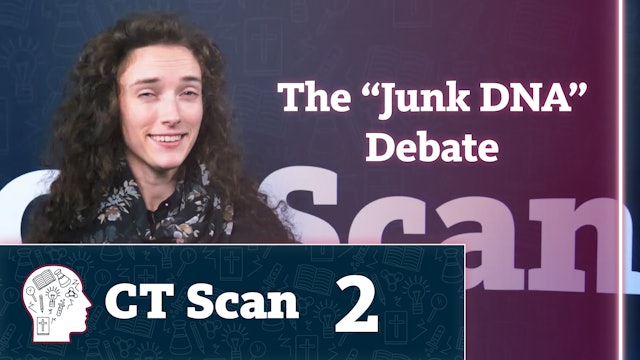 05:03Episode 2
05:03Episode 2The Junk DNA Debate
Episode 2
Is most of our DNA junk leftover from evolution? Some people still say so, despite research suggesting that most of the human genome is biochemically active. Let's think biblically and critically about junk DNA arguments and explore some recent advances in the junk DNA debate.
-
Handout 2 - The “Junk DNA” Debate
182 KB
-
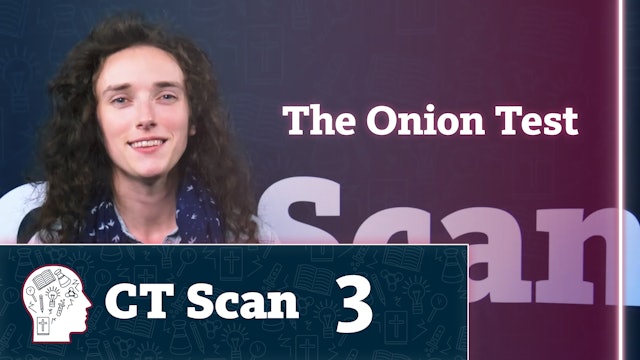 04:57Episode 3
04:57Episode 3The Onion Test
Episode 3
A popular argument for junk DNA says that since onions have more non-coding DNA than humans, but are less complex than humans, onions' DNA must be mostly useless junk. Therefore, the non-coding DNA in humans is likely junk as well. Let's think through this argument biblically and critically.
-
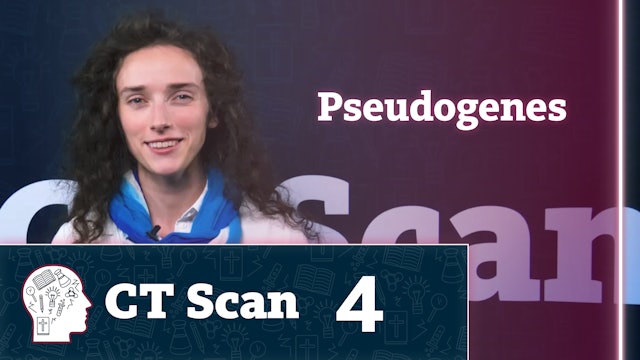 05:28Episode 4
05:28Episode 4Pseudogenes
Episode 4
What are pseudogenes? Are they really useless genes leftover from evolution? Can they show that different organisms‚ like chimps and humans‚ share the same ancestor? Popular evolutionary arguments would say so, but let's see how to think biblically and critically about such claims.
-
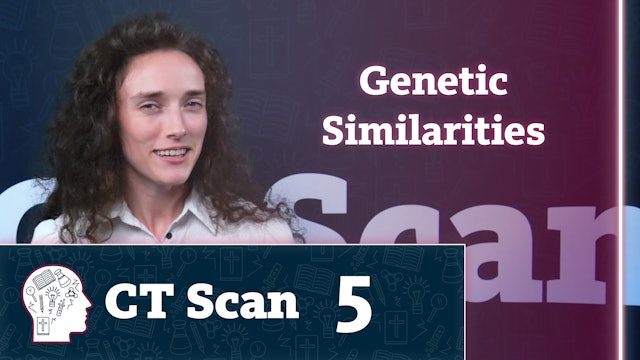 04:59Episode 5
04:59Episode 5Genetic Similarities
Episode 5
Does having similar genes mean sharing the same evolutionary ancestor? Popular evolutionary arguments state that genetic similarities (say, between chimps and humans) are prime evidence for evolution. Is that true? Let's see how to think through any such argument biblically and critically.
-
Handout 5 - Genetic Similarities
186 KB
-
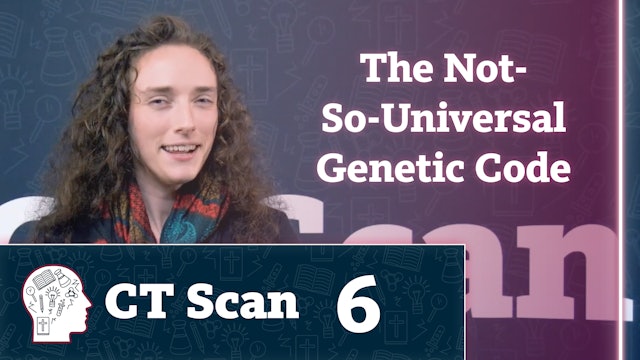 05:06Episode 6
05:06Episode 6The Not-So-Universal Genetic Code
Episode 6
Most living things share the same genetic code. Does that mean they also share the same ancestor(s)? Textbooks often say so. However, it's now clear that the genetic code is not universal, as evolutionists once believed, leading some evolutionists to suggest there is no tree of life‚ after all. L...
-
Handout 6 - The Not-So-Universal Genetic Code
188 KB
-
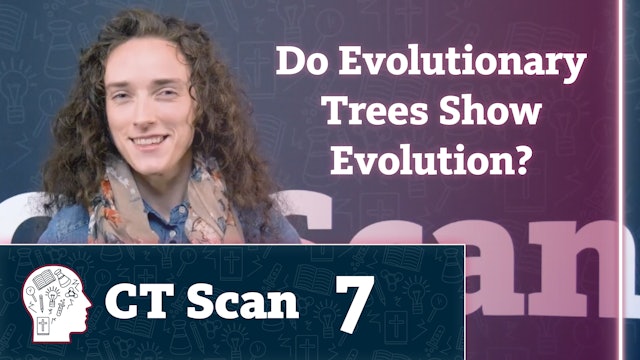 05:27Episode 7
05:27Episode 7Do Evolutionary Trees Show Evolution?
Episode 7
Living things can be classified into nested categories, like mammals and vertebrates. Do these categories mean certain groups share the same evolutionary ancestors? Textbooks say so. To see whether that's true, let's think biblically and critically about the idea of evolutionary family trees.‚
-
Handout 7 - Do Evolutionary Trees Show Evolution?
238 KB
-
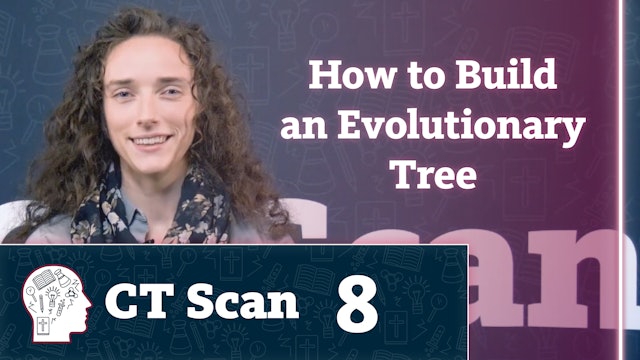 05:20Episode 8
05:20Episode 8How to Build an Evolutionary Tree
Episode 8
Where do evolutionary family trees come from? What assumptions go into constructing them? And why do trees based on different assumptions often tell different stories? Find out in this episode, highlighting truths to remember when you see an evolutionary tree presented as fact in a textbook.
-
Handout 8 - How to Build an Evolutionary Tree
167 KB
-
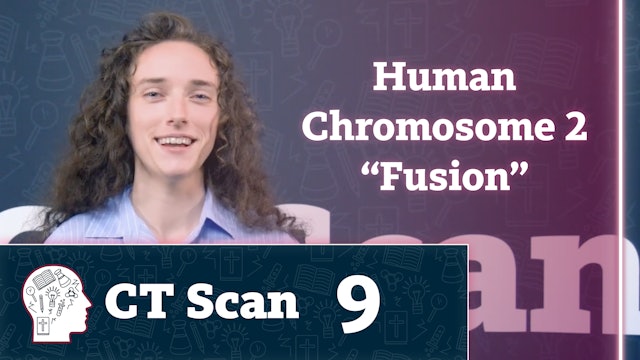 05:15Episode 9
05:15Episode 9Human Chromosome 2 Fusion‚
Episode 9
Is your second chromosome evidence for evolution? A popular evolutionary argument says chromosome 2 resulted when two chromosomes from an ape-like ancestor fused, explaining why chimps have more chromosomes than us. Let's think through this claim and uncover the other side of the chromosome 2 story.
-
Handout 9 - Human Chromosome 2 “Fusion”
230 KB
-
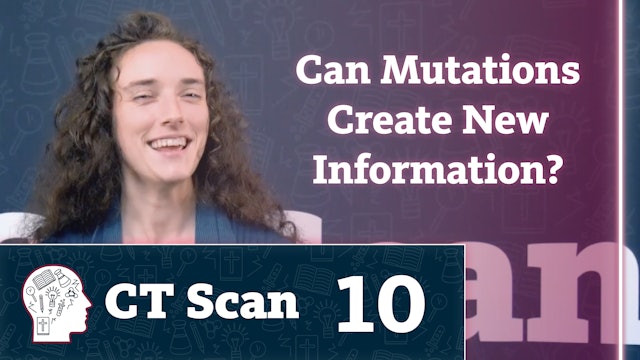 05:23Episode 10
05:23Episode 10What is Information?
Episode 10
Can mutations create new information? To answer, we first have to pinpoint what those keywords mean. Mutations are permanent changes to DNA, which can produce helpful new traits under certain conditions. But can they produce useful, novel information to evolve one kind of creature into another? C...
-
Handout 10 - What is Information?
218 KB
-
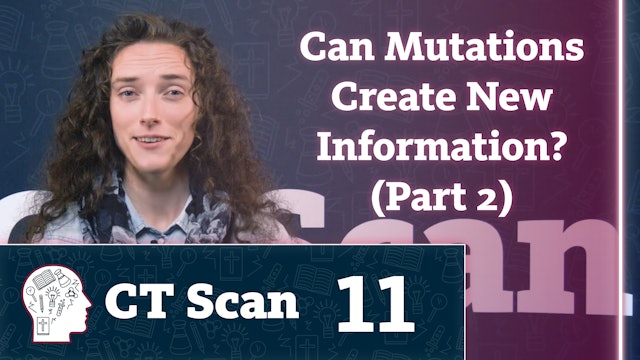 05:08Episode 11
05:08Episode 11Can Mutations Create New Information?
Episode 11
Do mutations create the kind of new information required for microbes-to-man evolution? Mutations can produce new traits which may be beneficial in certain environments. But because genes often encode multiple layers of information, even beneficial mutations typically come at a cost. Let's look c...
-
Handout 11 - Can Mutations Create New Information?
206 KB
-
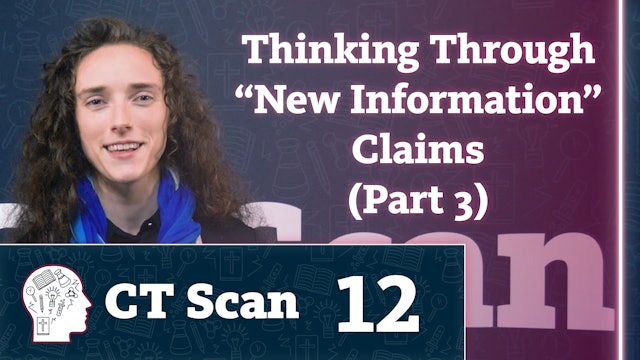 05:17Episode 12
05:17Episode 12Thinking Through New Information‚ Claims
Episode 12
often, claims that mutations produce useful new genetic information involve one of four processes: 1) duplication of information, 2) loss of control over how information is used, 3) degeneration of information, and 4) transfer of information. In each case, you can ask, Does this involve something...
-
Handout 12 - Thinking Through “New Information” Claims
195 KB

